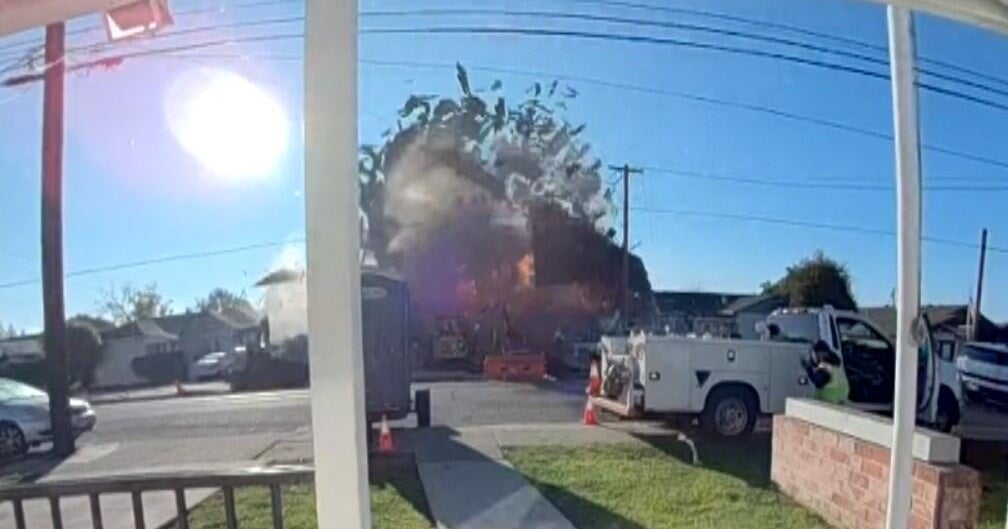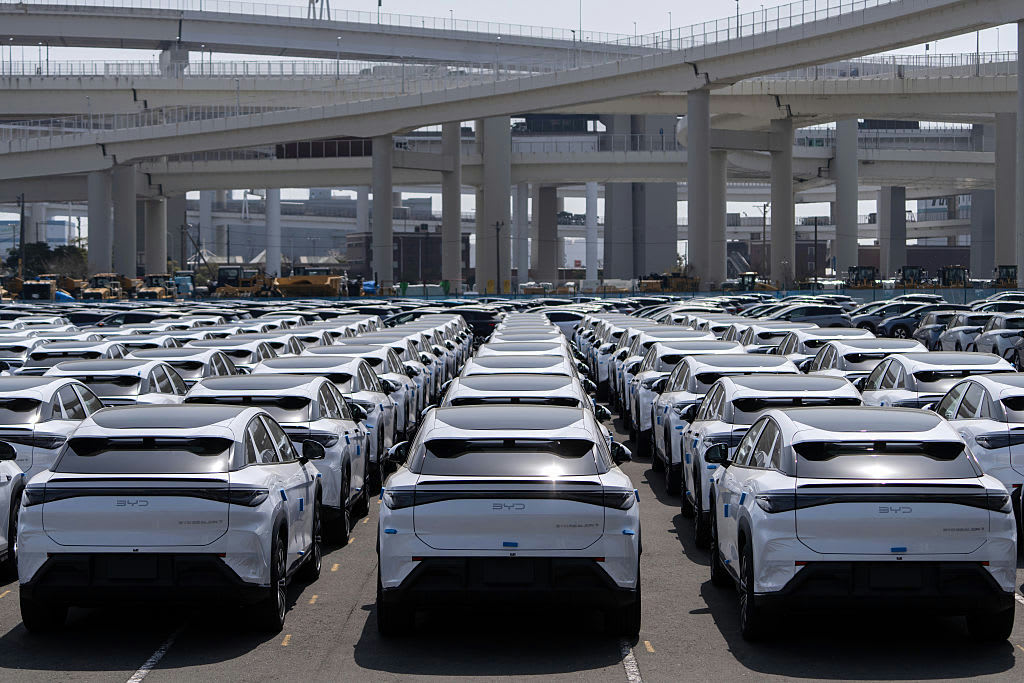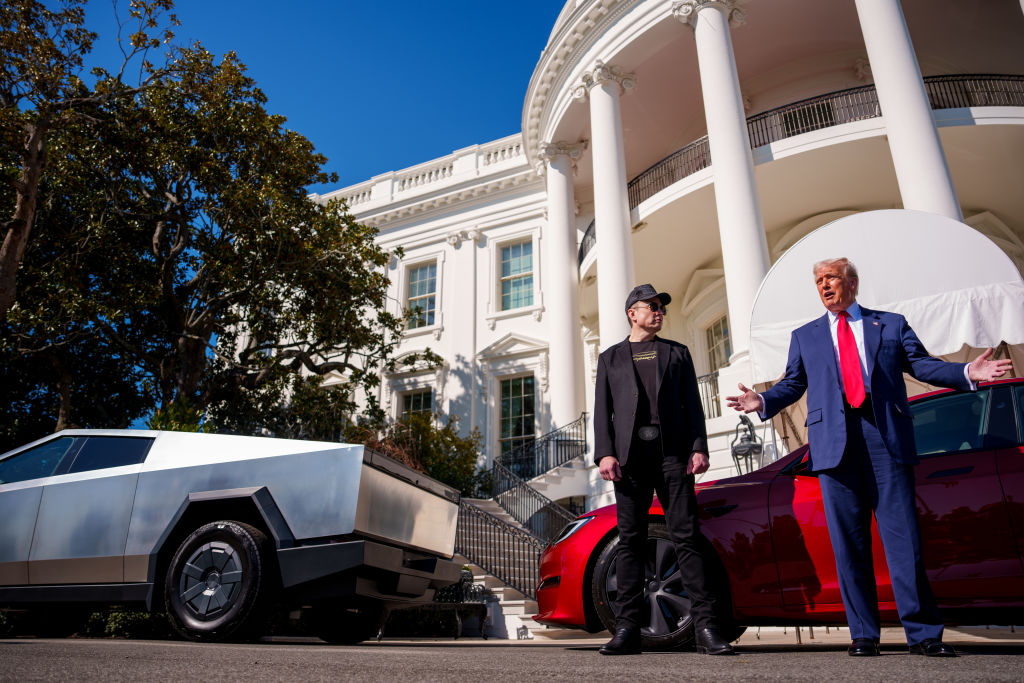Tesla slices prices on Models S and X as its stock plunges
- Tesla is lowering the price of its two most expensive models by $2,000 to $3,000, not including tax credits.
- The company's stock is at its lowest point since late 2016, after several Wall Street analysts questioned its growth prospects and cited slowing customer demand for its cars.
- Tesla lost $700 million in the first quarter, but CEO Elon Musk vows a return to profitability by the third quarter.
Tesla has sliced the price of its two most expensive models after several Wall Street analysts questioned the demand for its cars. The company on Monday cut $3,000 from the price of the Model S sedan and $2,000 from the Model X SUV.
The Model S now starts at $71,250 while the X starts at $71,950. The prices don't include federal and state tax credits for electric-vehicle purchases.
Tesla wouldn't say if slowing sales influenced its decision, but it said it periodically adjusts prices and available options, according to the Associated Press. Tesla said the decreases offset price increases from a month ago when it offered longer battery range and added a new drive system and suspension.
The moves come as Tesla's stock is under pressure, at times dropping below $200 per share this week. Several analysts have questioned whether the company can sell enough cars to cover its expenses without dipping into its shrinking cash reserves.
Shares traded Tuesday afternoon at $205.62, up slightly from Monday's closing price. They are down more than 38 percent so far this year, cutting the company's market value more than $20 billion to $36.5 billion. On Monday the shares hit their lowest point since late 2016.
Tesla said in a statement that the reductions are about 2% to 3% on the prices of the S and X. The company last week raised the price of its top-selling Model 3 by $400, pushing the base price to $35,400. "By any reasonable standard, these small changes are not newsworthy," the company said in a statement.
Wedbush analyst Daniel Ives wrote on Monday that he was concerned about Tesla's growth prospects and the demand for the Model 3 during the coming quarters. He called Tesla a "code red" situation. "We have continued concerns around Tesla's ability to balance this 'perfect storm' of softer demand and profitability concerns, which will weigh on shares until Musk & Co. prove otherwise in terms of delivering solid results over the coming quarters," Ives wrote, referring to CEO Elon Musk.
After two profitable quarters, Tesla said last month it lost $702 million in the first quarter of 2019, one of its worst performances in two years. Sales tumbled 31% in the period. Musk predicted another loss in the second quarter but said Tesla would be profitable again by the third quarter.
The carmaker recently closed a $2.7 billion funding round, giving it enough cash to survive another 10 months, Reuters reported. Musk now is on a cost-cutting mission, with plans to review "literally every payment that leaves our bank account," according to Reuters.
In January, the automaker cut its prices by $2,000 per vehicle, acknowledging that the pending expiration of a $7,500 federal tax credit for its electric cars will hurt sales. The credit is gradually being phased out for Tesla by the end of the year.





